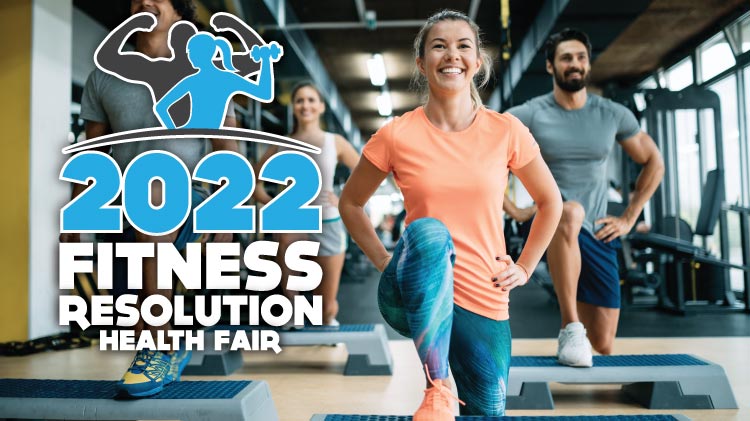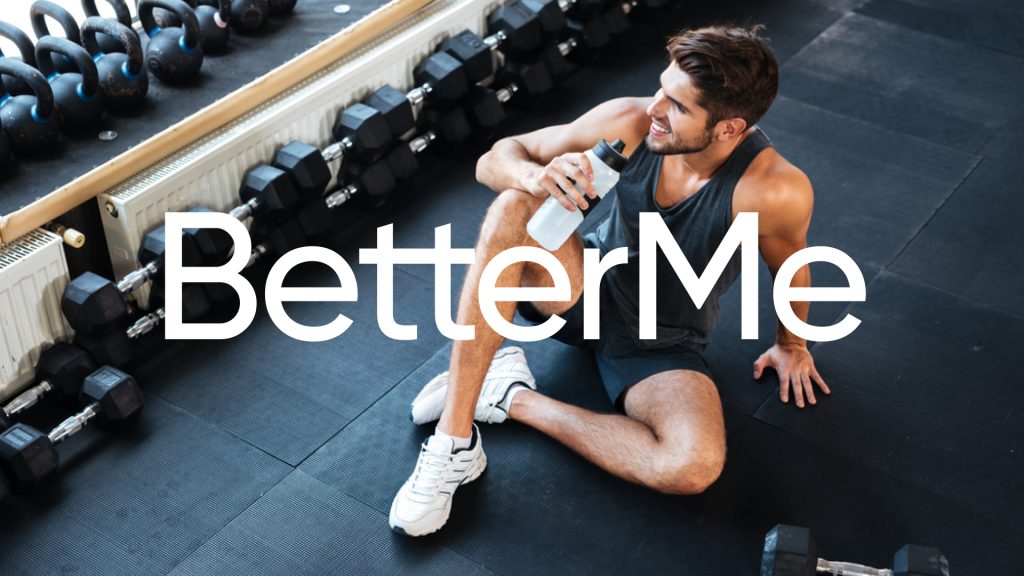
You can choose from many different positions if you are interested in working in a gym. You can find front desk associates, sales managers, and janitors. Front desk associates are there to greet and assist customers. Janitors keep the gym clean. The fitness levels of clients are assessed by staff trainers. These positions can be highly rewarding and often pay high salaries. These are some tips for working in a gym.
Front desk associates greet gym-goers
Front Desk Associates are responsible for welcoming and directing guests to the gym. As directed by Management, they provide assistance and answer questions regarding the policies and procedures of the gym. Front Desk Associate should be skilled in customer service, interpersonal skills, as well as a basic understanding of accounting and computer concepts. Front Desk Associates must be active in community outreach and cleanliness. CPR certification is also required for Front Desk Associates.
Janitors keep gyms clean
The job description of a Janitor is to maintain the cleanliness of the locker rooms, showers, and gym equipment. These areas can harbour bacteria and viruses that could cause serious health issues if they aren't cleaned up regularly. It is important to keep these areas clean in order to prevent illness and promote the health of customers. Janitors use appropriate cleaning solutions to remove bacteria and disinfect surfaces. This is particularly important in gyms, as the mirrors are one of the most important features of any gym.
A sales manager increases revenue
A gym manager is responsible for many other duties than selling memberships. They establish goals and guide their team in achieving them. They should be able to communicate clearly and solve problems quickly. They drive the sales team and bring new members to the gym. These are tips to help you become a great sales manager.

Personal trainers assess clients' fitness levels
Clients should be able and willing to exercise at a gym. They should be capable of assessing a client's fitness level and recommending modifications that will help the client reach their fitness goals. The fitness assessments should include questions about the client's weight and height, current exercise levels, and any pertinent medical history. The client's cardiovascular condition and respiratory health should be assessed in a fitness assessment.
FAQ
How does caffeine affect my sleep?
Caffeine effects how fast it takes to fall asleep and how much sleep you get. Caffeine induces drowsiness which makes it easier to fall asleep. You may stay awake for longer periods, which makes it more difficult to fall asleep. If you drink coffee or energy drinks right before bedtime, try drinking them later in the evening instead.
Why is it important to get enough sleeping?
To maintain a healthy lifestyle, it is important to get enough sleep. Sleep is essential for your body to recover from daily stressors and repair itself. A good night's sleep is essential for optimal functioning throughout the day.
What is exercise good for?
Exercise helps you lose weight and build muscle mass. It also increases energy levels, decreases stress, and improves sleep quality. The benefits of exercise include improved moods, better self-esteem, increased productivity, and reduced risk of heart disease.
Is it possible that you can be too thin?
Yes! Being underweight or having an eating disorder are both unhealthy. It's not normal to weigh less than what your height should be. Also, you may feel dizzy, tired, or weak.
Can exercise make me gain weight?
Not at all. Actually, exercising can help you to maintain your current weight. You can build muscle mass and speed up your metabolism by exercising regularly. This means you won't store as much fat in your body.
How exercise and nutrition can improve your quality of life
Exercise can help you lose weight, gain muscle mass and reduce stress. Nutrition is crucial for your energy, mood, health, and sleep. Eat less meat, limit alcohol consumption, avoid smoking, exercise regularly, and reduce your risk of dying.
Are there any exercises I should not do?
Before beginning any new workout program, consult your doctor. Some people have injuries or medical conditions that prevent them from doing certain types of exercise. Some activities also require special equipment. For example, swimming requires a swimsuit and pool access.
Statistics
- Globally, 28% of adults aged 18 and over were not active enough in 2016 (men 23% and women 32%). (who.int)
- According to the Centers for Disease Control and Prevention, chronic diseases cause 7 out of 10 deaths in the U.S., and treating chronic diseases accounts for 86% of U.S. healthcare costs. (mana.md)
- One study showed that adults who watch more than 4 hours of television daily had an 80% higher risk of death from cardiovascular disease. (heart.org)
- An estimated 110,000 deaths per year could be prevented (cdc.gov)
External Links
How To
How to burn belly fat faster
When we are trying to lose weight, belly fat is often seen as a problem. When you stop and think about it, Belly Fat can actually be a blessing. It's the amount of fat stored around your stomach that protects your organs from getting damaged. Let's now see how to quickly lose belly fat.
Lack of exercise and stress are the main reasons we store body fat. Because stress stimulates the release of cortisol hormone, it makes us hungry all the time. Cortisol can increase insulin levels in the blood. The insulin stores the excess calories as fat. An increased appetite can be caused by a lack of sleep. These extra calories can be broken down by exercising.
There are many ways you can reduce belly fat. All of these methods can be used, depending on your budget. Here are some quick tips to get rid of belly weight.
-
Try to eat less food. Instead of eating three large meals per day, try to eat smaller meals. This will result in fewer calories.
-
Make sure you drink plenty of water. Water flushes out toxins from your body and keeps you hydrated. Water before each meal can help you feel fuller longer and reduce your appetite so that you don't overeat.
-
Avoid snack foods that are unhealthy. If you're looking for quick fixes, snack foods like chips, cookies, candies, etc. It might sound tempting. Avoid these unhealthy treats. They are full of empty calories, too much sugar, and can be very fattening. Instead, opt for healthy alternatives such as fruits, vegetables and whole grains.
-
Strength training should be performed at least 3 times per week. Strength training helps build muscle mass, which means that you can burn more calories even when you are resting. It strengthens bones muscles ligaments, tendons and the heart.
-
Walk or stretch regularly. Stretching can improve flexibility, mobility, and reduce back pain. Walking can help you burn calories.
-
Reduce alcohol intake. Alcohol adds empty calories to your diet and has no nutritional value whatsoever.
-
Slowly lose weight. First, determine your current weight. Calculate your ideal weight by adding approximately 5% to 10% of the total weight. Once you have calculated your target weight, start reducing calorie consumption by 500-1000 calories daily until you reach your goal.
-
Avoid processed foods. These foods are high on sugar, salt, and additives. While processed foods can be convenient, they don't offer enough nutrients to ensure your health.
-
Don't skip breakfast! Consuming breakfast increases concentration, memory and energy levels. Include protein (like eggs) and fiber, like oats, in your breakfast.
-
Have regular bowel movements. Gas and bloating can result from irregular bowel movements. To prevent this, drink plenty of water and increase fiber intake.